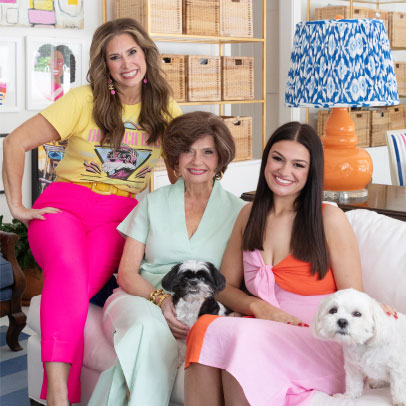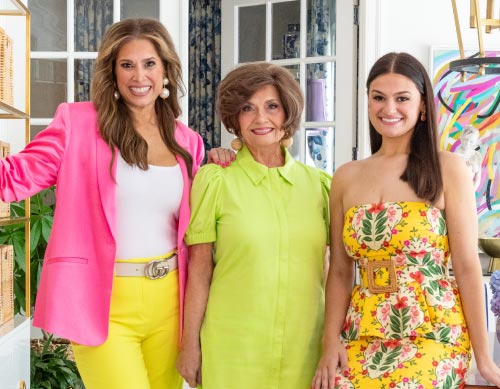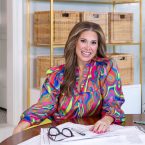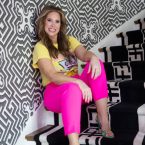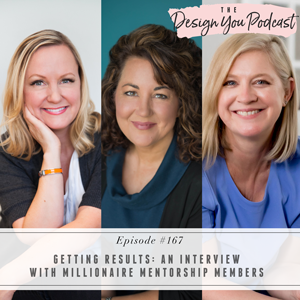
Last week, I talked to you about designing and leading a business in a way that is more sustainable and aligned with your values. I explained how our Millionaire Mentorship is helping female business owners and leaders scale to multiple six and seven-figures in their businesses.
Well, this week, I have a real treat for you, friends! I have three members from my Millionaire Mentorship program joining me to share their experiences with the mentorship. I am so honored to get to work with these women on a regular basis, they are doing huge things and knocking my socks off, and I wanted you to hear first-hand about the incredible results they’ve been getting.
Tune in this week and hear from Nicole Fulton, Lori Fischer, and Melanie Coddington on the shifts they’ve seen in their businesses since joining the membership. Hear their a-ha! moments, what they love about the membership and the differences in where they are now versus before they joined the program. There’s nothing like hearing from real-life people, and I know you’ll find this episode inspiring.
If you are a female business owner who wants to dig into this work at a deeper level and work with me and some other incredible women, check out The Millionaire Mentorship Program. We’re opening our doors soon to a handful of women, and we would love for you to join us! Click here to hear more about the mentorship and how to join.
If you want help creating a business with thriving revenue streams so that you can design the life you really want this year, now is your chance! We’re going to be opening the doors to the Design You Coaching Program really soon, get on our waitlist now!

